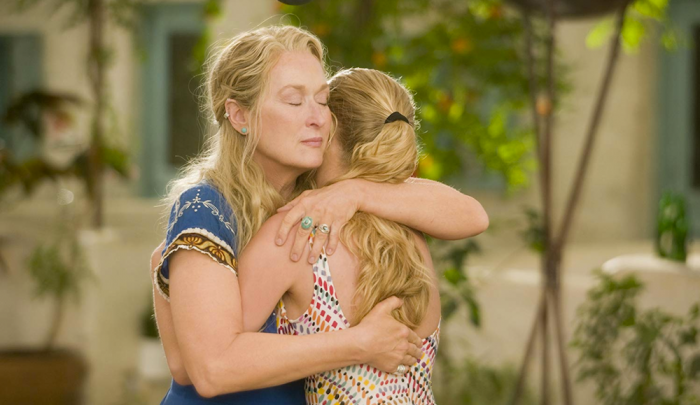I was at a cafe a few weeks ago, and I couldn’t help but notice the dynamic between these two friends in the midst of a conversation.
One woman was really frustrated and upset while she was retelling a story of something that clearly meant a lot to her. She was using big hand gestures and impersonating characters from the story, while pulling on different facial expressions to get her point across. Let’s call this woman Tracey, for the sake of this scenario.
While the other woman, the friend, let’s call her Jen, was simply sitting back in her chair, not engaging, not responding, and barely acting as if she could see or hear the story being told.
Their energy was completely mismatched.
I could relate to both Jen and Tracey in this scenario. There’d been numerous times that I felt my expression of worry was dismissed, but there are also times that I recall being disengaged in a story because it felt petty and my mood was irritable.
It got me thinking, what is an ideal response in those situations?
When I reflect back to times when I felt my energy wasn’t matched, the biggest thing I was craving was just being acknowledged for how I felt. All I wanted was to be met where I was and validated for feeling that way.
Being validated doesn’t mean you have to agree with what I’m saying; it simply means you are saying, “This must be really hard for you right now, and I’m here for you.” That’s it. Once you’ve sowed the seed of validation, you can gently move into giving your opinion—and I become much less defensive.
So, why do so many of us find holding space for someone so challenging?
Solutions-Focused
The first reaction we have as human beings is that we want to fix the problem. We don’t even realise we do this most of the time, but we want to help and provide solutions, which is a beautiful quality—but it does get in the way of sitting in the emotions with our loved one.
With this drive to solve the problem, we can become distracted and frustrated when our loved one doesn’t respond to our solution. But what we forget is that the prefrontal cortex shuts down when we are having an emotional reaction. This means we can’t plan, make decisions, or act rationally until it’s back up and running. It’s more effective to save our ideas and problem-solving for after the emotion has subsided.
Emotionally Awkward
I can see this pattern in a lot of relationships where one person is more expressive and the other doesn’t feel comfortable speaking about emotions. Without awareness of this dynamic, it can become unhealthy because the expressive person starts to suppress and turn down their voice so they don’t cause awkwardness for the other person. We can’t force our partner to be more emotionally open, but we can communicate the disconnection that it’s creating in the relationship. A good solution for this is having specific people who are more open emotionally and will engage in your expression and won’t shut it down.
Lacking Energy
Lastly, one of the main reasons we can struggle to be there for someone is our lack of boundaries. Without honouring our boundaries, we can become more irritable and less present in these conversations.
When I feel depleted in energy, I notice my level of compassion reduces, I feel moodier, and cast more judgment on others. Having boundaries means we save our energy for the things that really matter to us, which I think most would agree are our loved ones.
Imagine the world we’d live in if we could be aware of this and learn the art of holding space for others. We would feel more open to sharing our struggles, and less rejected and alone. We would feel more support and experience deeper connections, and, more importantly, we would feel truly seen and heard.
That’s the kind of world I want to live in.











Read 0 comments and reply